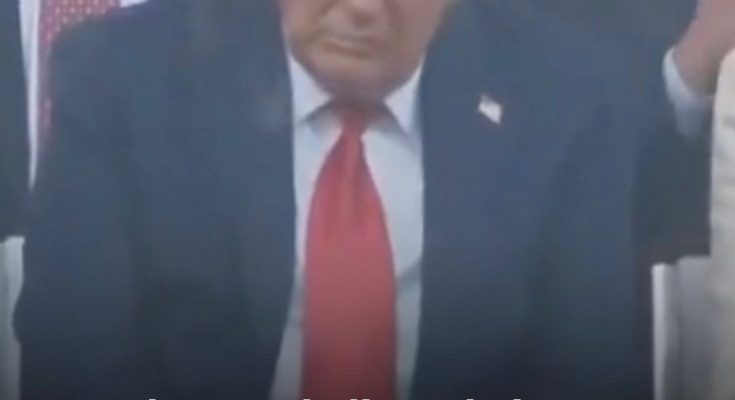As tensions escalate, the decision by former President Donald Trump to increase troop levels and send 700 Marines has ignited a vigorous legal and constitutional discussion. This action has come under scrutiny regarding the Posse Comitatus Act, a federal statute that limits military involvement in domestic law enforcement, raising concerns about the extent of presidential authority.
This troop deployment signifies a notable intensification in the federal response and challenges the established boundaries between federal and state powers. Legal scholars caution that this decision obscures the distinction between military assistance and direct involvement in civilian affairs, a distinction that the Posse Comitatus Act was intended to safeguard.
A key aspect of the legal discourse is whether Trump will invoke the Insurrection Act, which permits the president to deploy troops domestically during periods of civil unrest or insurrection. Should it be enacted, it would grant the executive branch extensive powers that many contend could jeopardize civil liberties and state independence. The mere prospect of its invocation has rekindled fears of executive overreach.
The current situation also mirrors wider tensions regarding the military’s role in domestic issues. Detractors assert that the deployment of armed forces in politically sensitive contexts undermines democratic principles and risks transforming the military into a political instrument. Conversely, proponents argue that such measures are essential for restoring order.
In conclusion, this situation underscores a precarious juncture in U.S. governance—where the equilibrium of power, constitutional constraints, and public confidence in democratic institutions are all being scrutinized in real time.



